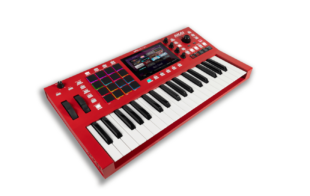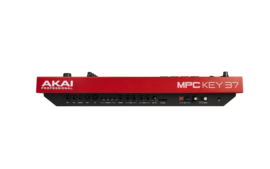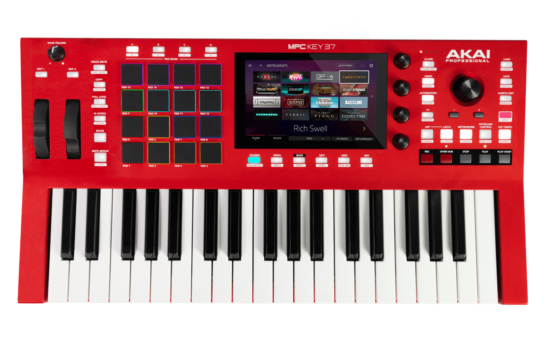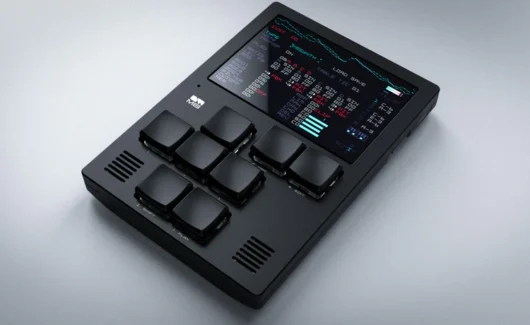The M-solo Portable Organ is ‘the lightest and most compact’ that Hammond Organ has ever produced.
Hammond organs have many qualities, but portability isn’t usually one of them. The new M-solo, though, is cut from different cloth (and significantly less of it, as well) ‘It weighs less than a Fender Strat’.
The M-Solo is said to be in the spirit of the previous Hammond M and L series models, which were themselves designed to draw on the DNA of the classic B-3, C-3 and A-100 organs. The result is “the lightest and most compact true Hammond Organ ever produced”.
Tipping the scales at a mere eight pounds, Hammond says that the M-solo weighs “less than a Fender Strat”, which is certainly not something that could have been said about any of its previous organs. One of the compromises is a smaller, 49-note keyboard, but the MTW II drawbar engine is the same as the one found in the XK-4 organ.
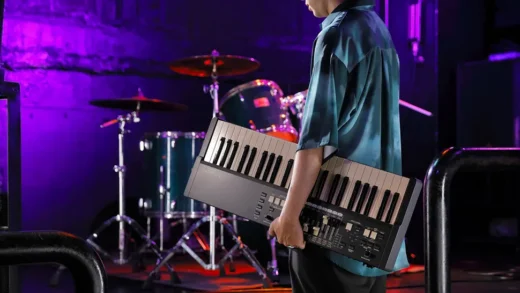
Plenty of other essential Hammond features are here, as well: physical drawbars, vibrato-chorus and touch-response percussion, for example. The multi-touch keybed promises a B-3-style feel, and there are transpose and octave shift controls for when you need to change key or range.
And of course, no Hammond would be complete without a Leslie speaker emulation – in this case a “high definition” digital one.
To give the M-solo a little more flexibility, Hammond has added in three transistor combo organ sounds as well, along with a ‘70s-style string ensemble and even a 2-oscillator analogue style polysynth. Control of these sounds comes via the drawbars.
Hammond is also releasing a soft gig bag for the M-solo; this features double shoulder straps so it can be worn like a backpack.
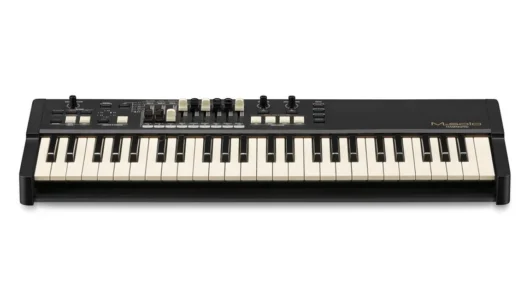
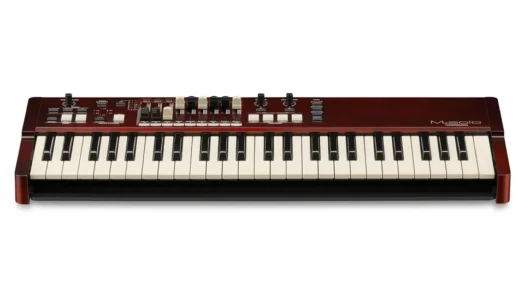
Offered in Matte black or Matte burgundy, the M-solo is available now priced at $1,295/£1,189. Find out more on the Hammond website.
